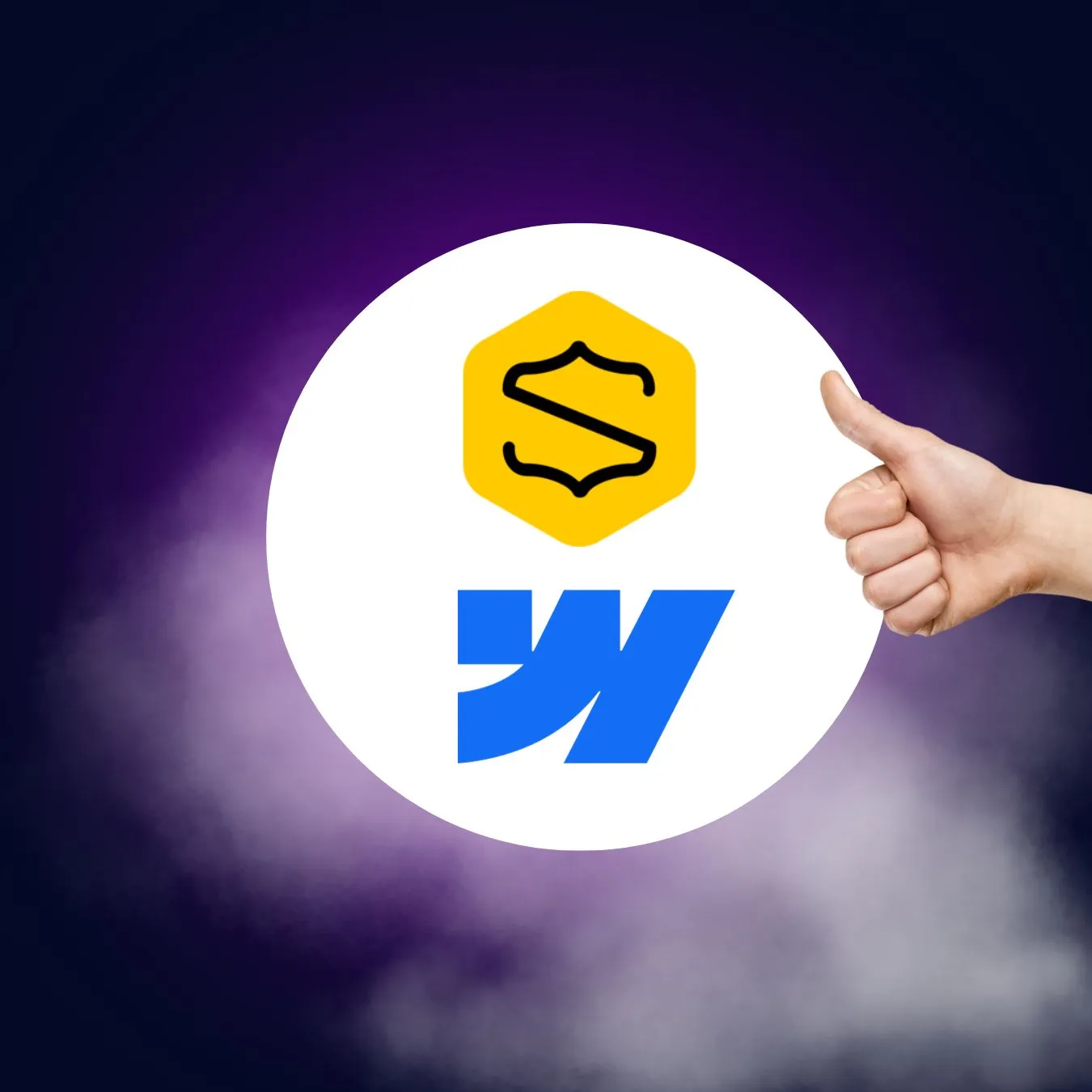


Shopify is currently $29 USD a month, which may sound expensive, is actually great value for money.
For starters, you can a scalable server you never have to touch that is ready for whatever traffic you throw at it. The same could not be said for that of a Wordpress site - which may crash if too much traffic is thrown at it.The subscription also includes heaps of tools that will help make your store a success. SEO assistance, ready to go ecommerce solutions, loads of great free themes to name but a few.
Just think, if you're selling t-shirts online you only have to sell 2 and it's paid for itself.
A great investment really.
Shopify is a robust e-commerce platform that operates on a cloud-based infrastructure. This means that it's not tied to a specific device or location, but rather, it allows for seamless access and management from anywhere with an internet connection. This level of accessibility makes it an ideal solution for businesses that require flexibility in their operations.
In terms of security, Shopify adheres to the highest level of Payment Card Industry Data Security Standard (PCI DSS). PCI DSS is a set of comprehensive requirements for enhancing payment account data security. It was developed by the founding payment brands of the PCI Security Standards Council, including American Express, Discover Financial Services, JCB International, MasterCard Worldwide, and Visa Inc., to help facilitate the broad adoption of consistent data security measures globally.
By adhering to these standards, Shopify ensures that all credit card and transaction information maintains a high level of security. This includes restrictions on who can access the payment information, a secure network firewall to protect data, regular monitoring and testing of networks, and maintaining an information security policy.
Additionally, Shopify uses Secure Sockets Layer (SSL) encryption for all data transfers. SSL is a standard technology behind establishing an encrypted connection between a web server (website) and a client (web browser). This connection ensures that all data passed between the web server and browsers remain private and integral.
This is critical for online stores as it ensures that customer information, including credit card details, cannot be intercepted by malicious parties.In essence, Shopify's cloud-based nature coupled with its commitment to top-notch security standards and encryption technologies make it an excellent platform for businesses looking to build a secure and flexible online store.
Nope - Shopify's backend interface is designed to be intuitive and easy to navigate so even individuals with limited technical experience can efficiently manage their online stores.
We'll send you over explainer videos on how to edit everything that you can refer back to at alater late.
Nope!
Shopify has built a robust and reliable technical infrastructure, designed to handle high volumes of traffic and prevent server time-outs. This infrastructure is a crucial part of Shopify's platform, ensuring that online stores remain accessible and functional at all times, regardless of the number of simultaneous users or the amount of data being processed.
Shopify's infrastructure implements advanced load-balancing techniques. Load balancing refers to the distribution of workloads across multiple computing resources, such as computers, a computer cluster, network links, central processing units, or disk drives. This strategy optimises resource use, maximises throughput, minimises response time, and avoids overload of any single resource.
They also use a CDN - which is a service of geographically distributed servers that work together to provide fast delivery of internet content. It allows for the quick transfer of assets needed for loading Internet content including HTML pages, javascript files, stylesheets, images, and videos.
In terms of security, the infrastructure is designed to protect against Distributed Denial of Service (DDoS) attacks. DDoS attacks are attempts to make an online service unavailable by overwhelming it with traffic from multiple sources. Shopify's infrastructure uses automated systems to identify and mitigate large-scale DDoS attacks to minimize downtime and ensure stores remain accessible.
Finally, Shopify's infrastructure is continuously monitored and updated to ensure optimal performance. The platform's engineering team regularly deploys updates and enhancements to improve speed, reliability, and overall performance. This proactive approach to maintenance means that potential issues can be identified and resolved quickly, often before they impact the user experience.
^ So to summarise...it's pretty fast, secure and reliable!
We start with an initial consultation to understand your business needs and objectives. We then examine your existing WooCommerce site, including its structure, products, customer data, and any specific features or customizations.
Our team ensures that all your valuable data such as product information, customer details, order history, and more are carefully migrated from WooCommerce to Shopify. We use reliable tools and techniques to ensure no data is lost or corrupted during the transition.
As part of our conversion process, we can either replicate your existing WooCommerce design on Shopify or create a brand-new design based on your preferences. Our design team will work closely with you to ensure your store's aesthetics align with your brand identity.
Our team takes significant measures to ensure that your store's SEO rankings are preserved during the migration. This includes setting up 301 redirects, retaining page titles and meta descriptions, and other best practices to minimize potential impacts on your search engine rankings.
The timeline may vary depending on the complexity of your store and the volume of data to be migrated. However, we typically aim to complete the conversion process within 2-4 weeks.
We strive to ensure minimal to no downtime during the conversion process. We do most of the setup on the new Shopify store without affecting your live WooCommerce store. Once everything is ready, we make the switch, aiming for a seamless transition.
Switches are dependent on DNS TTL settings (time to live). This setting basically determines how long it takes for the internet to recognise the changes. The lower the number, the faster the change. Speak to your domain registrar about changing this to the lowest number.